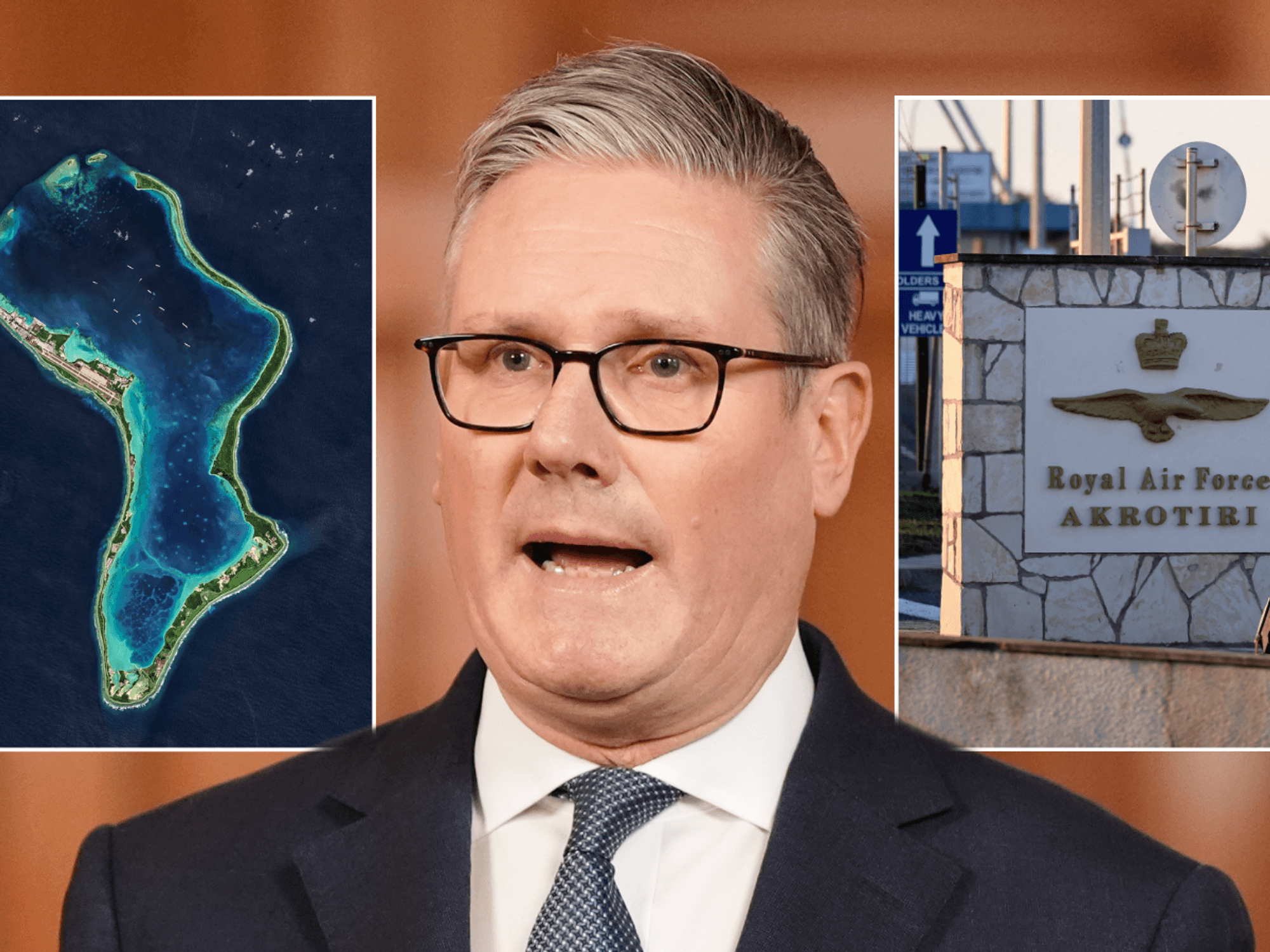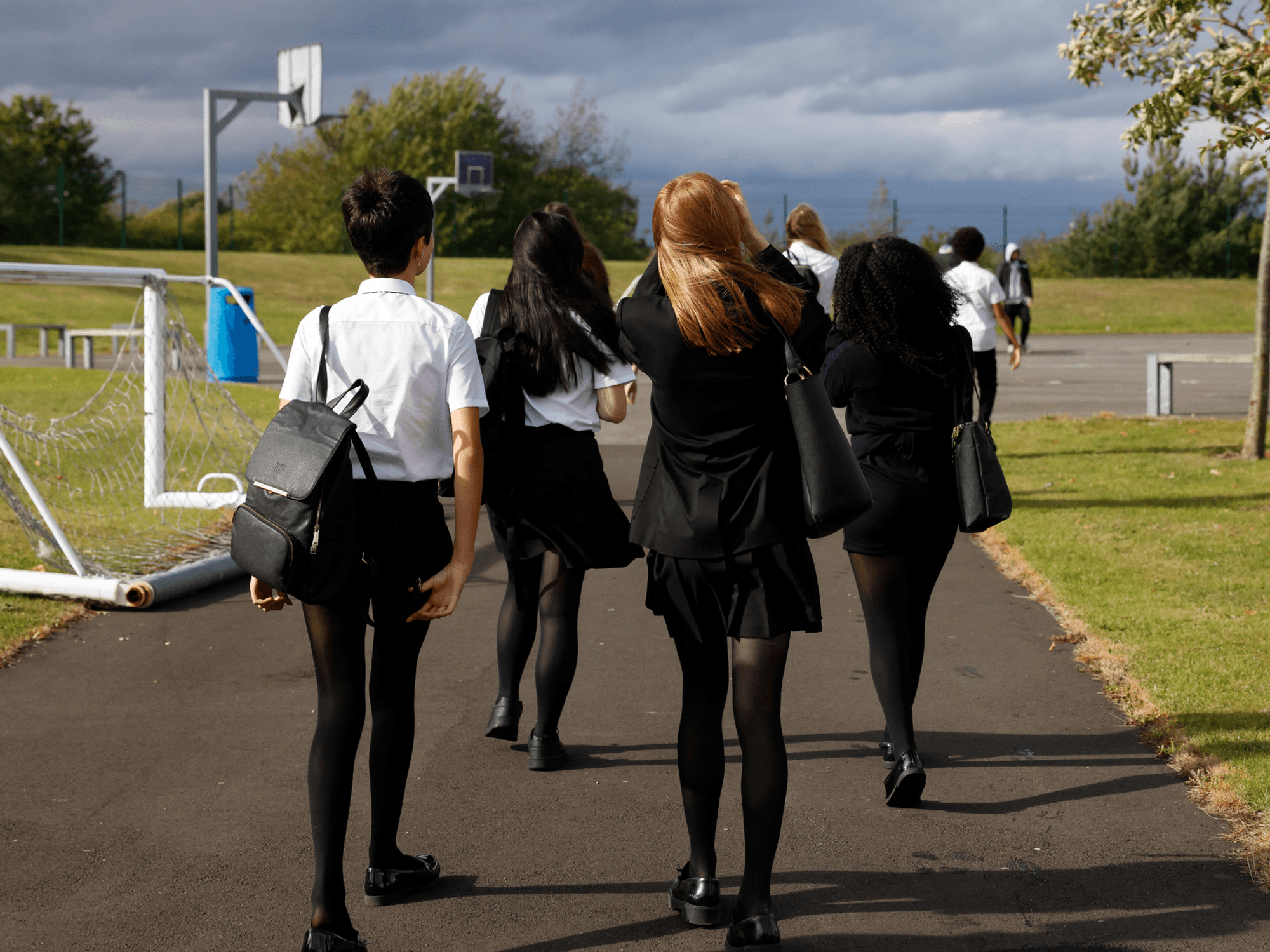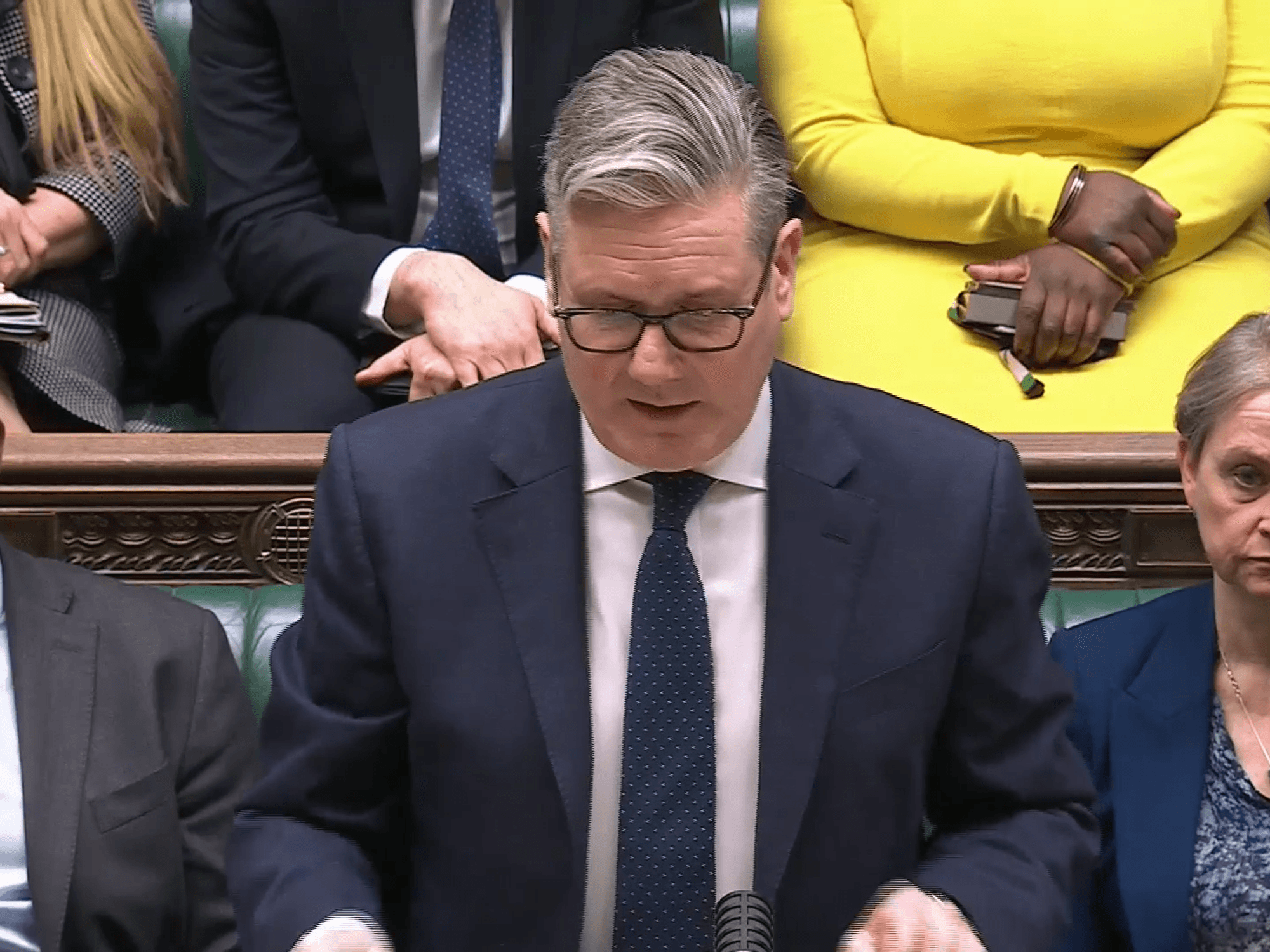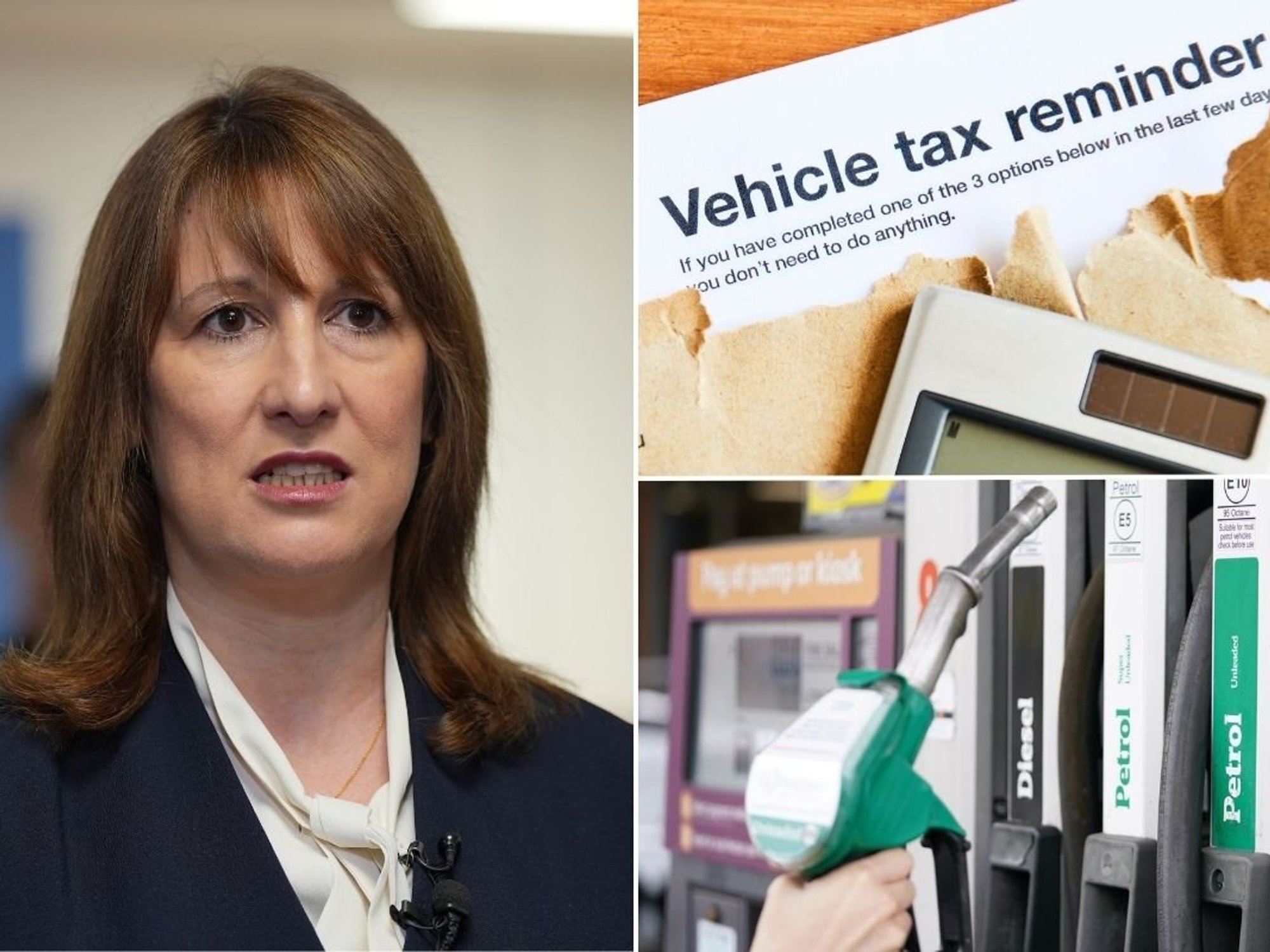Islamic extremism just lost its most important battle for Britain. This is truly groundbreaking - Rakib Ehsan
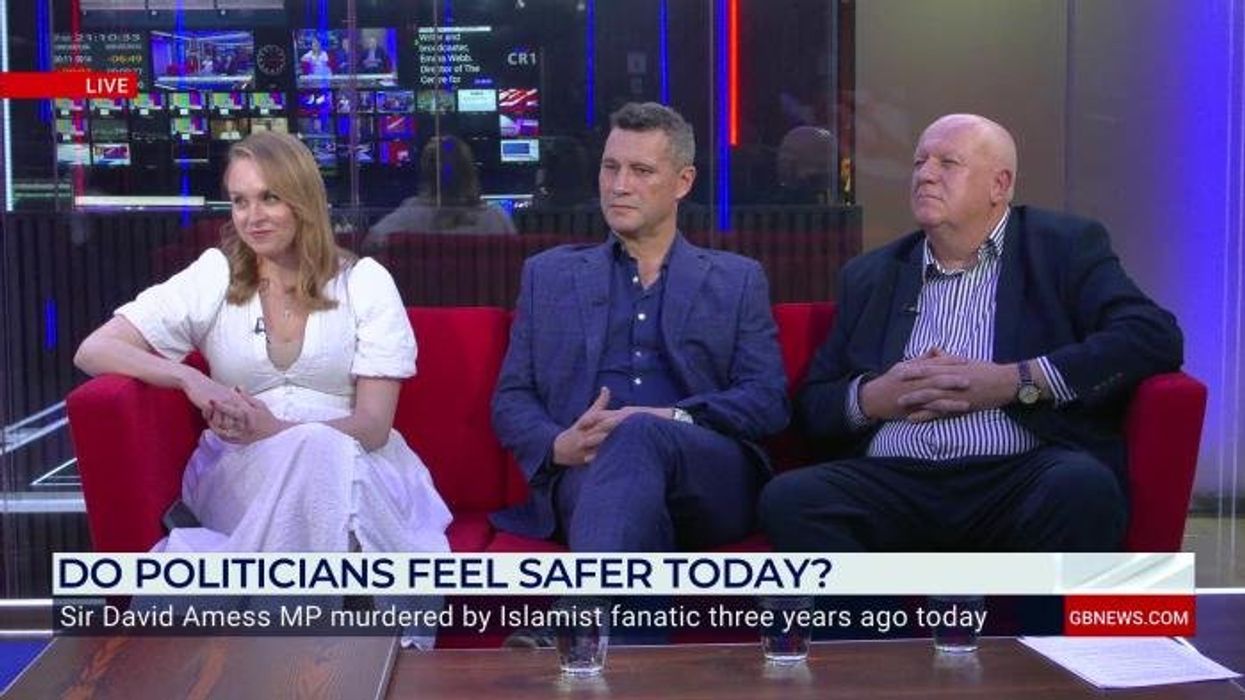
Panel discuss the state of Islamism in Britain |
GB
Less than half of Britons believe diversity is a strength — bad news for those looking to establish an Islamic caliphate, writes Rakib Ehsan
Don't Miss
Most Read
Trending on GB News
New research published by the National Centre for Social Research (NatCen) has revealed that while Americans are more socially conservative, their UK counterparts prefer a tougher approach to immigration and are more anxious over the declining proportion of the white population in their own society.
The ground-breaking research - the first paper in a UK-US series by the NatCen – shows that while the UK public tends to hold more liberal views on issues such as abortion and same-sex marriage than their American peers, they have a more conservative approach on immigration and are less likely to see diversity as a strength.
While 86 per cent of people in the UK believe that abortion should be legal in all or most cases, this drops to 63 per cent in the US.
While three in five people in the UK think same-sex marriage being legal is good for society (59 per cent), this falls to just one in three in the US (34 per cent).
However, those living in the UK are more likely to report a hardline stance on matters of immigration, diversity, and demographic change.
Americans are more likely to consider outward-looking internationalism as critical to their national identity. Around half (49 per cent) of people in the UK think the UK’s openness to people from around the world is essential to national identity, compared with nearly two-thirds (63 per cent) of people in the US.
While 64 per cent in the US think diversity strengthens their society, around half – 49 per cent - of the UK public agree.
In the US, 22 per cent of people think that the declining share of white people in the national population is bad for society, rising to 40 per cent for the UK public.
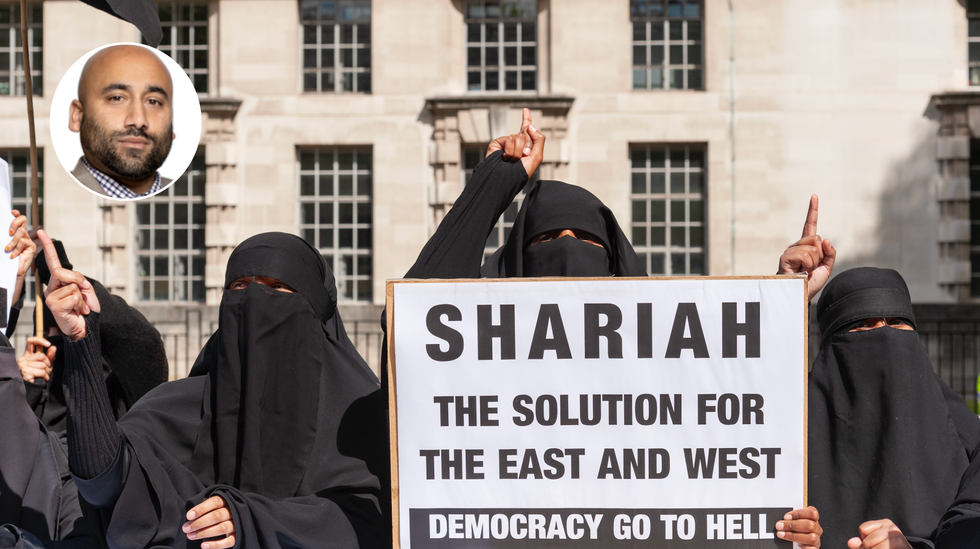
Islamic extremism just lost its most important battle for Britain. This is truly groundbreaking - Rakib Ehsan
|Getty Images
Americans are certainly more socially conservative, with the Church continuing to play an integral role in the communal life of many (as shown in the aftermath of Charlie Kirk's assassination).
But it appears that they are also more likely to hold relatively liberal views on immigration and diversity when compared to their UK counterparts.
While half of the British public believes that diversity is a strength, it seems that much of the population is anything but convinced. Specifically, England – where fast-paced and large-scale ethnic, racial, and religious diversification has taken place – is simply not ‘a land of immigrants’ like the US.
Indeed, before the Second World War, the UK had a generally stable demography and was able to integrate culturally compatible migrants in sensible numbers.
Therefore, it is no surprise that there is greater scepticism of the contemporary ‘diversity is a strength’ narrative – especially in a society where Islamist extremism represents the primary terror threat, has experienced astonishing levels of immigration in the shape of the so-called ‘Boriswave’ from hotbeds of religious violence and sectarian strife, and has a small-boats emergency on the English south coast which poses a fundamental threat to female public safety. ‘Diversity is a strength’ rings hollower by the day.
Demographic and cultural anxieties are, to a degree, intertwined in modern Britain. The decline of the white-British proportion of the UK population – becoming a minority in major cities such as London, Birmingham, and Leicester, along with my hometown of Luton – has been accompanied by the rise of ‘asymmetrical multiculturalism’.
While ethnic and religious minorities have been encouraged by public authorities to express and celebrate their identities, this enthusiasm has not necessarily been shared when it comes to British (especially English) identity and Christianity.
This has contributed to perceptions of cultural and demographic threat among white-British people (particularly those who value their Christian faith).
As flagged by author Ed West, ‘pro-diversity activism’ has even involved a direct attempt to erase Anglo-Saxon identity from historical and cultural discourse.
If the liberal political establishment wishes to restore public confidence in the idea that ‘diversity is a strength’, then it ought to be more willing to protect and promote British history, heritage, and traditions.
This includes pushing against the vilification of Britain – talking up its pioneering humanitarian role in suppressing the Atlantic slave trade and the radical English tradition of resisting American racism.
It has to get to grips with the migration crisis and prevent the UK from becoming what writer Inaya Folarin Iman calls the ‘heartland of Islamic extremism’.
In the interests of national solidarity, community cohesion, and public order, the UK must dramatically change course – otherwise its previous reputation for being a successful example of a diverse industrialised democracy will be well and truly left in tatters.
More From GB News





